A SPECIAL POST BY MARIJKE VAN DE WATER, B.SC., DHMS
Question: I have an 18 year old horse who has been head shaking for several months. He only used to do it when we rode but it is now almost constant. I’ve tried everything from diet changes to medications but have had no success. I am at a loss as to how I can help him.
Answer from Marijke van de Water: Head-shaking syndrome symptoms include flinging and jerking the head – sometimes violently – sneezing, scratching, nose-rubbing and any other activities that seem to give them relief, including blowing the nose, holding the nose under water or sticking their heads into trees or corners. They often become lethargic and/or depressed as the constant discomfort “gets them down”. Many of these horses have been tested with blood work, X-rays, scopes and/or scans but unfortunately most times there are no positive results.
Nearly every head-shaking horse that I have worked with is suffering from allergy symptoms in the nasal passages and sinuses: tickling, itching, stinging and/or burning. These sensations can range in intensity from mild to very severe. They are caused by allergic reactions to inhalant allergies such as dust, pollens, molds and sometimes feathers. However, most “head shakers” have a particular problem with molds and mold spores which is why they have the most trouble in the spring and then again in the fall. There are over 400,000 types of molds and while many of them can survive year-around in warmer climates, in most parts of Canada they lie dormant in the winter. Mold spores are abundant everywhere – hay, grass, air and soil – and they often outnumber the pollen count. Some spores prefer dry wind, some need high moisture or fog, and some even disperse in the rain.
Mold spores are very small and microscopic and are therefore able to evade the protective mechanisms of the nose, sinuses and respiratory tract causing chronic irritation. It is likely that most horses (similar to people) acquire these allergies during a time that their immune systems have been compromised – illness, poor nutrition or over-medication for example. The immune system then becomes hyper-reactive to particles which are normally innocuous to the healthy horse.
The first step in treating a horse with HSS is to neutralize the allergy reaction. One of the most effective ways to offset any sensitivity to an allergen is through homeopathy – in other words, using dilutions made from the original substance that is causing the symptoms – in this case the mold spore itself. Since it is impossible to identify exactly which different molds are creating the problem I use a dilution prepared from three common molds that can cause the same symptoms as any other mold. The Riva’s Homeopathic Mold Combination and the Riva’s Allerg-Ease both contain mold dilutions. The Allerg-Ease also contains homeopathic pollens and dust along with remedies to improve overall immunity.
Secondly, the immune system must be boosted. Helpful herbs include raw garlic (anti-fungal, antibiotic and anti-viral); goldenseal which is excellent for irritation of the mucous membranes; astragalus which strengthens the immune defences; and milk thistle which is a liver detoxifier and also helps block the actual reaction to the allergen. Herbs are very beneficial when used together in a blend. It is also helpful to correct any nutrient deficiencies, especially those that have a marked effect upon the immune system such as iron, iodine, selenium and/or zinc. Also, avoid high sugar feeds – which depress the immune system – and any yeast-based supplements since these horses have most often become allergic to all yeasts and fungi. On the correct program improvements are usually quite rapid. Your horse will thank you.
Marijke van de Water (B.Sc., DHMS) is an Equine Health & Nutrition Specialist, Homeopathic Practitioner and Medical Intuitive. She is the author of “Healing Horses: Their Way!” and is a regular speaker at equine seminars and conferences.
Marijke van de Water, B. Sc., DHMS
Homeopathic Practitioner
Equine Health Consultant
Ph. # 1-800-405-6643
Email: rivas@nowcom.ca
Web: www.rivasremedies.com

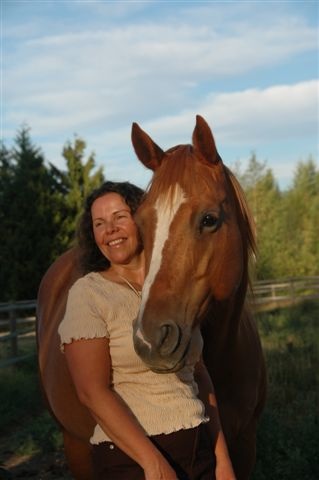

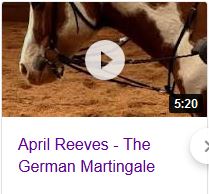
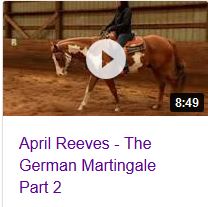

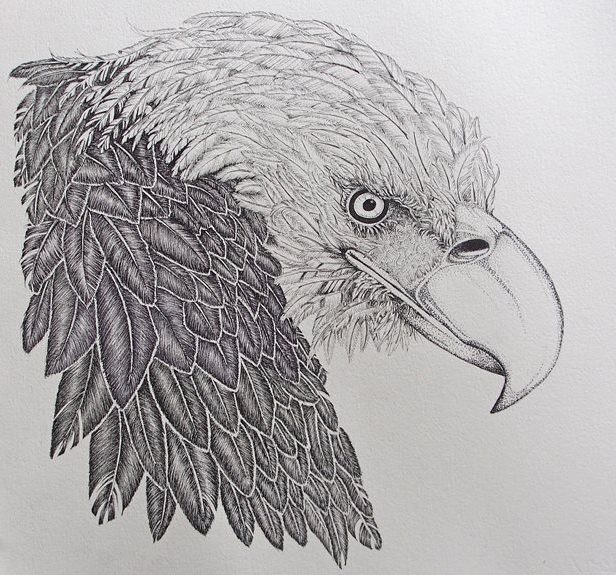
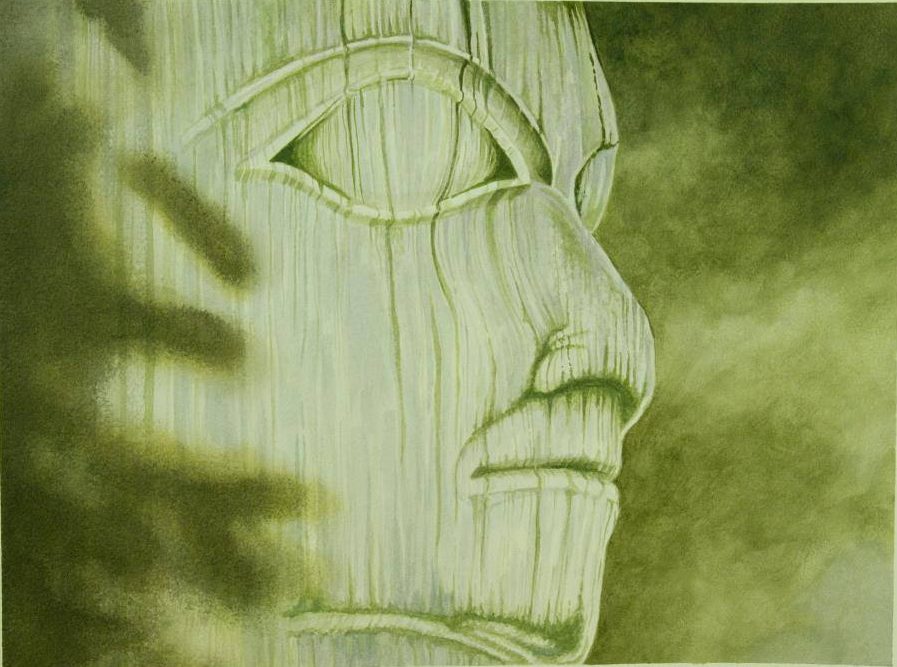
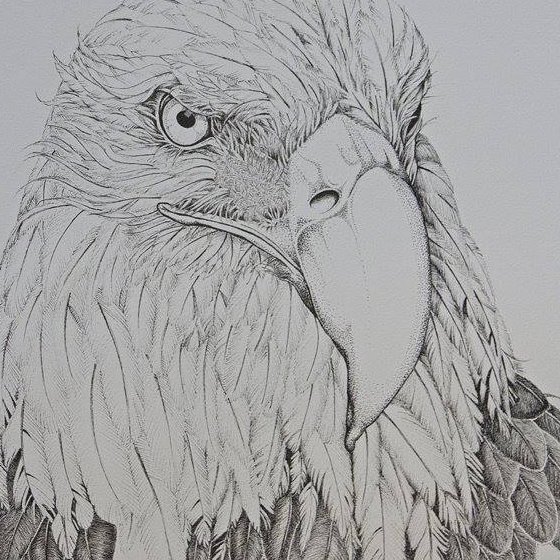

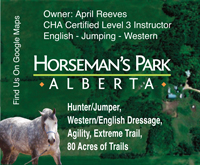


I have been doing some research on a mare that my daughter purchased that has a weaving issue and I came across some research that implicated that vices like head shaking, weaving, nervous pacing was related to a magnesium defiency. Now the reason I even searched in this area of nutritional defiencies, especially magnesium is I know that this has been an issue in my own family with magnesium. Here are some links I found after this exerpt on another link: Linsey is correct that supplying minerals in an amino acid chelate form removes problems with their competing for transport mechanisms in the intestine. When chelated, it is the protein that the transport mechanisms go after and absorb, with the mineral following along.
However, it may not be enough to just get them into the blood stream if calcium levels are being raised at the same time. There are at least four hormones (PTH, ADH, calcitonin, glucagon) which are sensitive to blood levels of calcium. As calcium levels rise, the kidney is “told” to excrete more calcium. Problem is, the kidney does not differentiate between calcium and magnesium so it excretes both. Presenting the body with both calcium and magnesium at the same time will thus backfire unless the body also needs calcium (which is not the case with many common equine diets and forages – i.e. much more likely to be magnesium deficient than calcium deficient). This is why it is best to begin correcting the problem with supplements containing only magnesium. The control that calcium metabolism has over magnesium is also why it is important as a second step to get the entire ration as close to perfectly balanced as you can. Otherwise you will end up needing to feed much more magnesium than you would if you removed the problem (the dietary imbalance) that caused the low body magnesium in the first place.
————————————————————————————————————————————————————-
From: Linsey McLean
Date: Sun Jun 25, 2000 3:46pm
Subject: magnesium
“I am interested in any other SPECIFIC sources for magnesium. I have read a handful of posts here that are specific in warning against dolomite or epsom salt, but I have not seen any specific alternative magnesium resources suggested.”
Dear Jaki,
All of the specialty supplements from Vita Royal Prod. are balanced with higher magnesium ratios for the effects of the toxic environment on our horses, and contain amino acid chelate forms, which are “predigested” forms that are totally non toxic. The beauty of a mhttp://www.understanding-horse-nutrition.com/magnesium.htmlultimineral mix of these forms is that they do not compete for absorption with each other like other forms do, as they are already bonded to their carrier proteins, and the body uses what it needs and easily excretes the rest. That way, as each body has it’s own specific nutritional deficiencies from individual genetics, exposures, seasons of the year, soil and feeds deficiencies, a mix like this is self regulating. No complicated calculations on the part of the owner is required for the best way of satisfying each horse’s individual requirements.
A mix using all trace minerals as amino acid chelates costs a little more, but for what it does, however, the benefits far outweigh the increase in cost.
We also do custom blends for individual circumstances for individuals and veterinarians as well as whole farms.
Linsey McLean
Biochemist
Vita Royal Products, Inc.
810-653-5478
http://www.vitaroyal.com
here are the links to help you in more research:
http://www.horsetalk.co.nz/health/magnesium-121.shtml
http://www.understanding-horse-nutrition.com/magnesium.html
http://www.horse-advice.com/equi-therapy/nutrition/magnesium.shtml
Comments about magnesium and other peoples horses:
PinkPonies
Mar. 15, 2009, 11:02 PM
It was suggested to make my gelding less, um… horny. And it actually worked – he was madly, crazy, tear down barn walls, run through fences in love with some random mare and he became normal after the mag. supplement… He still loves her, but doesn’t inflict injury upon himself to get to her.
I wonder how it works for that?
Punkie
Mar. 16, 2009, 12:14 AM
Magnesium and the B-vits play a major role in cellular messaging, especially in neurotransmission and the electronic impulse pathways. Deficiencies in magnesium can lead to poor integrity of the cellular membrane (causing inefficiency in uptake and usage of other important molecules which delays proper functioning) and impulse misfiring of the neurons. This can lead to a high startle response and improper coding/storage/understanding of (electronic) information. The B-vits all are hugely important in cell production, repair, and functioning. Just consider the fact that one of the most popular chemotherapy drugs, Methotrexate, acts partially as an antagonist for foliate receptors and reduces the uptake of folic acid to almost nill, therefore reducing the cellular repair/replication rate to almost nothing. This is also accounts for hair loss and poor skin repair while on chemotherapy as the body does not have enough folic acid to properly regenerate cells that divide at such a high rate. Conversely, this is why women are told to take B-vits during pregnancy as they are essential building blocks for cells and what is a zygote but a big ‘ole cluster of ’em.
Off track, yes, but essentially we feed “calming vitamins” to improve neurotransmission and cellular uptake and functioning. The best part is, there’s lot of side benefits to those vitamins for other parts of the body!
Altamont Sport Horses
Mar. 17, 2009, 08:44 AM
I’ve had much more success here with magnesium versus B vitamins. I use magnesium from Uckele. It lasts a long long time and isn’t expensive.
Giving it to the scaredy cat rescue mare makes a difference the same day. Less jumpy/twitchy and lets us touch her when she is getting it. Go without and you can’t get closer than 4 feet from her. I read somewhere that magnesium uptake is compromised when taken with MSM so the horses I have on MSM get MSM in the a.m. and magnesium in the evening.
I also give it to a very sensitive TB stallion. It calms him down as well. He spends less time running around when he can’t see the girls and is holding his weight on much less feed. I love that because he used to be a pretty tough keeper and still looked too thin. He is in good weight now and put on more muscle where he needed it.
BornToRide
Mar. 17, 2009, 12:52 PM
As I understand it magnesium helps with muscle function, lowers inflammation and balances sugar levels. Pregnant women who go into premature labor get very high doses of magnesium to help stop the contractions.
As already pointed out – many horses are probably deficient and this is why it appears to make them calmer, when in fact they would be calmer to start with if they got enough from what they are eating :)
Knowledge of these inorganic substances is just one more important part of horse nutrition.
Other calming herbs, vitamins and minerals
• Valerian
• Taurine
• Inositol – a B vitamin
• Thiamin
• L Tryptophane – an amino acid
• St John’s Wort (Hypericum)
• Chamomile (contains magnesium)
• Zinc
Claimed benefits of feeding magnesium supplements to horses
• Calms nervous and excitable horses
• Relaxes muscles.
• Slows the heart rate
• Slows down the absorption of sugars in the digestive system.
• Can lessen the risk of Laminitis.
• Helps to reduce equine obesity
Supplements containing Magnesium
• NAF: Pink Powder
• NAF: Relax
• NAF: Thrive
• NAF: Easy Going & Tempralax
• Vita-Calm
• LaminShield
• Oxyshot
• Nupafeed Liquid Horse Calmer
WARNINGS!
Magnesium is seldom overdosed but over supplementation can interfere with levels of potassium and sodium and although excess magnesium will be passed in the urine some major overdoses have been associated with renal and heart problems
Beware of Magnesium Sulphate , also known as Epsom Salts, which is a water hungry form of magnesium and will cause dehydration problems if fed for more than three consecutive days.
Epsom salts, although cheap, are also best known as a laxative.
Give too much and your horse or pony will experience diarrhoea.
A dose of Epsom Salts at anything more than one level tablespoon a day per 100kg of a horse’s bodyweight is likely to cause diarrhoea. In the right doses and correct form Magnesium can be a very inexpensive and vital part of your equine friends health.
Hope this helps you in your research
Kind Regards,
Connie